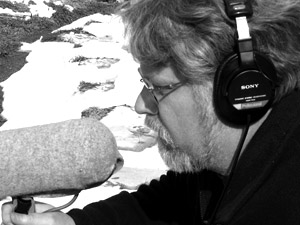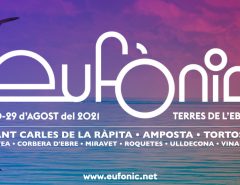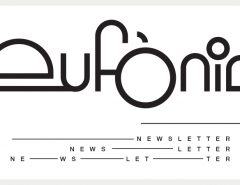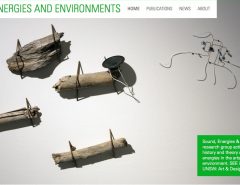Navigating the Space of the Future
Seminar with presentations by: Yolande Harris, David Dunn and Atau Tanaka
April 15 | Start 20.30 hour
Netherlands Media Art Institute, Amsterdam (NL)
What does it mean to navigate? What is the importance of location specificity? What does it mean to get lost? The increasing accuracy of satellite navigation strives to eliminate the possibility of human error, but it also produces a sense of dislocation from one’s immediate environment by abstracting location as the coordinates of longitude and latitude. What place is there for one’s body, one’s senses, one’s conscious and unconscious awareness of space, if this knowledge is so apparently made redundant by GPS? What, if any, role can historical skills of navigation at sea, of observation, choice, intuition and improvisation play in navigating the spaces of the future? The symposium ‘Navigating the Space of the Future’ will take these questions as its starting point to see if we can find our way within the dense environment of global positioning technologies. The field is open but the practice is just starting to form itself by looking at ways to counter locative media strategies where geographical walks are organised that use the city and the street as a playing field negating the relation between space, architecture, time, body and mind. The presentations will focus on new ways of interpreting data of location and navigation by relating these directly to the physical (space) through the use of sound.
Yolande Harris – Sun Run Sun (Artist in Residence NIMk)
Sun Run Sun explores the individual experience of current location technologies through a personal experience of sound. It seeks to (re)establish a sense of personal connectedness to one’s environment, and to (re)negotiate this through an investigation into old, new, future and animal navigation using sound. Sun Run Sun investigates the split between the embodied experience of location and the calculated data of position. A series of portable personal instruments “satellite sounders” developed for the residency, transform satellite data directly into a sonic composition. This composition constantly varies in response to the changing location of the player as they move through their physical environment. ‘The experience of sound is internal, as a process that influences the relationship between the self and the environment. True navigation consists of a continuously coherent relationship between the two.’
http://sunrunsun.nimk.nl/
http://www.yolandeharris.net
David Dunn
David Dunn takes his research into the bioacoustics of bark beetles and entomogenic climate change, and on ultrasonic audio phenomena in both human and non-human environment as starting points to talk about Acoustic Ecologies. He wants to bring forth the sonic presence of these worlds for human contemplation of their inherent aesthetic beauty and to show the amazing continuity of life, with its capacity for infinite variation in audible communication. “Given the superabundance of how music as a human activity has been used, I believe that music has simultaneously been a strategy to evolve our capacity to structurally-couple with our environment through our aural perception, and a significant force for defining the boundaries of group affiliation and for the affirmation of cultural status, giving voice to an evolutionary heritage of an abundance of other coupling modes that are greater than the rational mind alone.”
http://www.davidddunn.com
http://www.newmusicbox.org/article.nmbx?id=5399
Atau Tanaka
Atau Tanaka bridges the fields of media art, experimental music, and research. He creates music for sensor instruments, wireless network infrastructures, and democratized digital forms. Tanaka is best known for his performances where he uses physical gestures to articulate music and sound synthesis and real-time image transformation. For the past years, inspired by the ever-changing social, geographic, ecological, emotional context of using mobile technology for creative ends Tanaka focusses his attention towards mobile media projects. He is exploring the creative, critical and commercial potential of mobile music. “My interest is to take interactive music practice off the stage and outside the concert hall into the urban sphere. Mobile communications devices are meant to connect groups of people. Musical concerts, similarly, are situations that bring people together for a common purpose. Can we elicit commonalities to make a community-based musical process, creating a shared experience among users?” In his presentation he will pay attention to the description of the architecture of an audio-visual hard- and software framework that was developed for the realization of a series of locative media artworks, and eliciting from this, he brings afore fundamental issues and questions that can be generalized and applicable to the growing practice of locative media.
http://www.xmira.com/atau

** David Dunn




Leave a Reply
Lo siento, debes estar conectado para publicar un comentario.